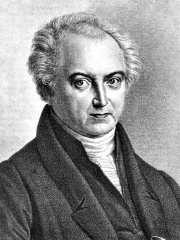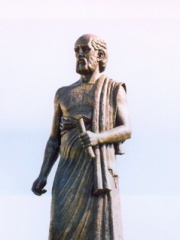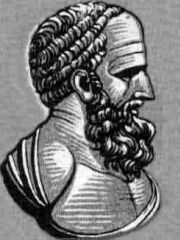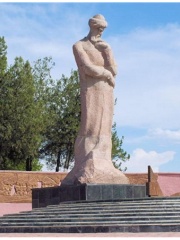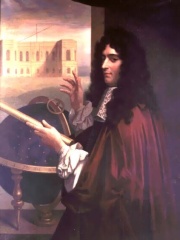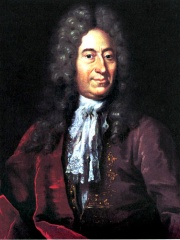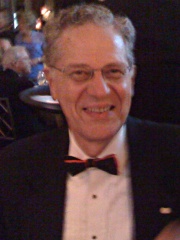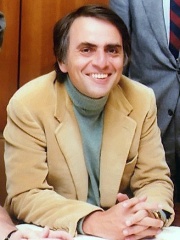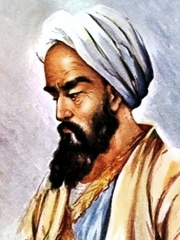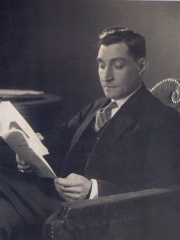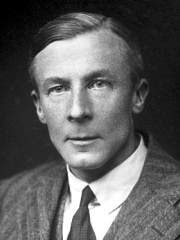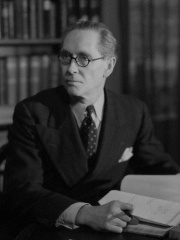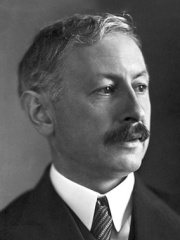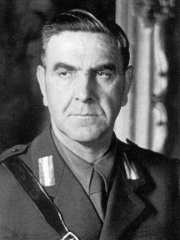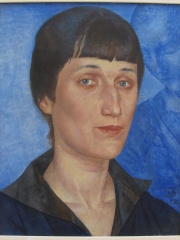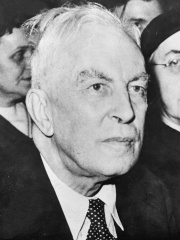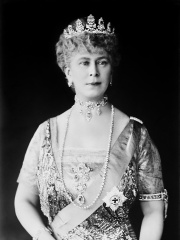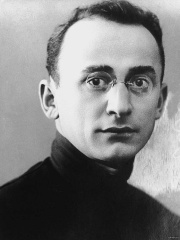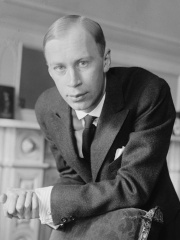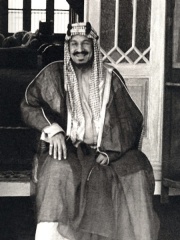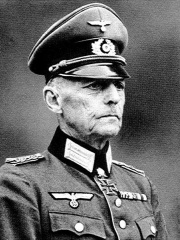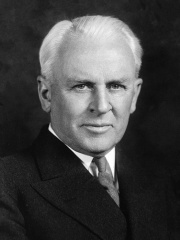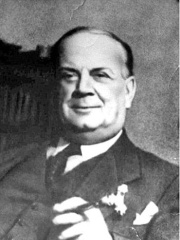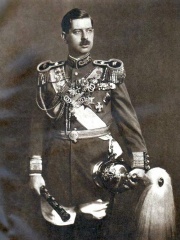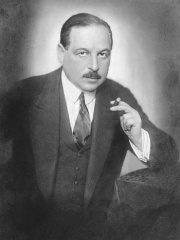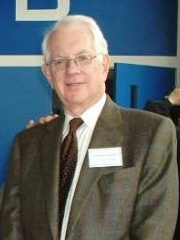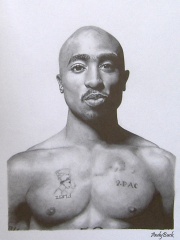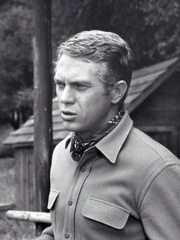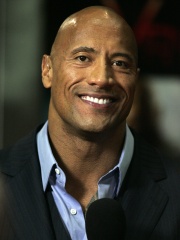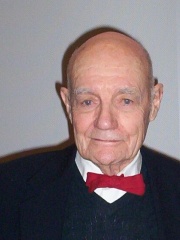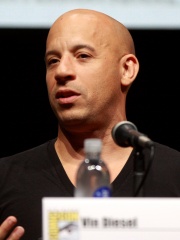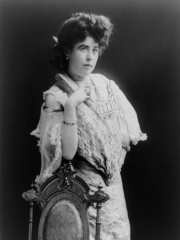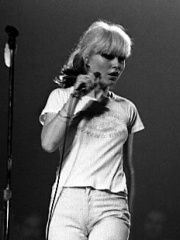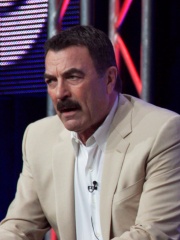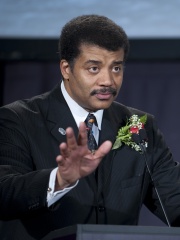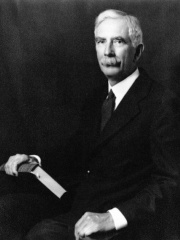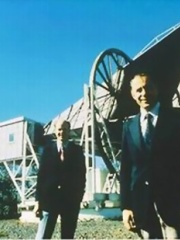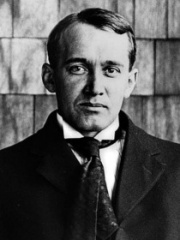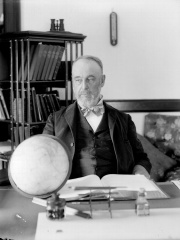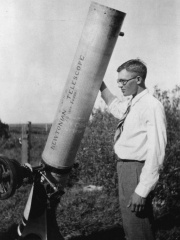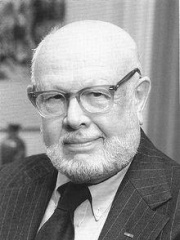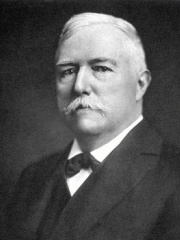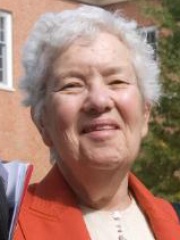Astrônomo
Edwin Hubble
1889 - 1953
PT.WIKIPEDIA PAGE VIEWS (PV)
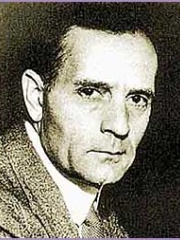
 Edwin Hubble
Edwin Hubble
Sua biografia está disponível em 98 idiomas na Wikipédia (redução em relação a 99 em 2024). Edwin Hubble é o 15º astrônomo mais popular (caiu do 12º em 2024), a 177ª biografia mais popular dos Estados Unidos (caiu do 137ª em 2019) e o astrônomo mais popular dos Estados Unidos.
Memorability Metrics
Page views of Edwin Hubble by language
Among Astrônomos
Among astrônomos, Edwin Hubble ranks 15 out of 644. Before him are Heinrich Wilhelm Matthias Olbers, William Herschel, Aristarchus of Samos, Hipparchus, Ulugh Beg, and Ja'far al-Sadiq. After him are Giovanni Domenico Cassini, Nicolas-Louis de Lacaille, Ole Rømer, Joseph Hooton Taylor Jr., Carl Sagan, and Avempace.
Most Popular Astrônomos in Wikipedia
Go to all RankingsHeinrich Wilhelm Matthias Olbers
1758 - 1840
HPI: 80.29
Rank: 9
William Herschel
1738 - 1822
HPI: 80.07
Rank: 10
Aristarchus of Samos
311 BC - 230 BC
HPI: 79.89
Rank: 11
Hipparchus
190 BC - 120 BC
HPI: 79.75
Rank: 12
Ulugh Beg
1394 - 1449
HPI: 79.20
Rank: 13
Ja'far al-Sadiq
702 - 765
HPI: 79.09
Rank: 14
Edwin Hubble
1889 - 1953
HPI: 78.45
Rank: 15
Giovanni Domenico Cassini
1625 - 1712
HPI: 78.44
Rank: 16
Nicolas-Louis de Lacaille
1713 - 1762
HPI: 78.29
Rank: 17
Ole Rømer
1644 - 1710
HPI: 77.72
Rank: 18
Joseph Hooton Taylor Jr.
1941 - Present
HPI: 77.51
Rank: 19
Carl Sagan
1934 - 1996
HPI: 76.23
Rank: 20
Avempace
1080 - 1138
HPI: 75.62
Rank: 21
Contemporaries
Among people born in 1889, Edwin Hubble ranks 9. Before him are Martin Heidegger, Ludwig Wittgenstein, António de Oliveira Salazar, Jean Cocteau, Edgar Adrian, and Jawaharlal Nehru. After him are Philip Noel-Baker, Paul Karrer, Ante Pavelić, Anna Akhmatova, Vaslav Nijinsky, and Arnold J. Toynbee. Among people deceased in 1953, Edwin Hubble ranks 6. Before him are Joseph Stalin, Mary of Teck, Lavrentiy Beria, Sergei Prokofiev, and Ibn Saud. After him are Gerd von Rundstedt, Robert Andrews Millikan, Guccio Gucci, Carol II of Romania, Klement Gottwald, and Emmerich Kálmán.
Others Born in 1889
Go to all RankingsMartin Heidegger
PHILOSOPHER
1889 - 1976
HPI: 84.92
Rank: 3
Ludwig Wittgenstein
PHILOSOPHER
1889 - 1951
HPI: 83.27
Rank: 4
António de Oliveira Salazar
POLITICIAN
1889 - 1970
HPI: 81.59
Rank: 5
Jean Cocteau
WRITER
1889 - 1963
HPI: 80.33
Rank: 6
Edgar Adrian
PHYSICIAN
1889 - 1977
HPI: 80.05
Rank: 7
Jawaharlal Nehru
POLITICIAN
1889 - 1964
HPI: 78.99
Rank: 8
Edwin Hubble
ASTRONOMER
1889 - 1953
HPI: 78.45
Rank: 9
Philip Noel-Baker
POLITICIAN
1889 - 1982
HPI: 78.25
Rank: 10
Paul Karrer
CHEMIST
1889 - 1971
HPI: 77.10
Rank: 11
Ante Pavelić
POLITICIAN
1889 - 1959
HPI: 76.53
Rank: 12
Anna Akhmatova
WRITER
1889 - 1966
HPI: 76.43
Rank: 13
Vaslav Nijinsky
DANCER
1889 - 1950
HPI: 75.42
Rank: 14
Arnold J. Toynbee
HISTORIAN
1889 - 1975
HPI: 74.78
Rank: 15
Others Deceased in 1953
Go to all RankingsJoseph Stalin
POLITICIAN
1879 - 1953
HPI: 92.22
Rank: 1
Mary of Teck
COMPANION
1867 - 1953
HPI: 83.82
Rank: 2
Lavrentiy Beria
POLITICIAN
1899 - 1953
HPI: 80.99
Rank: 3
Sergei Prokofiev
COMPOSER
1891 - 1953
HPI: 80.86
Rank: 4
Ibn Saud
POLITICIAN
1875 - 1953
HPI: 79.58
Rank: 5
Edwin Hubble
ASTRONOMER
1889 - 1953
HPI: 78.45
Rank: 6
Gerd von Rundstedt
MILITARY PERSONNEL
1875 - 1953
HPI: 77.61
Rank: 7
Robert Andrews Millikan
PHYSICIST
1868 - 1953
HPI: 76.61
Rank: 8
Guccio Gucci
BUSINESSPERSON
1881 - 1953
HPI: 75.42
Rank: 9
Carol II of Romania
POLITICIAN
1893 - 1953
HPI: 74.44
Rank: 10
Klement Gottwald
POLITICIAN
1896 - 1953
HPI: 74.43
Rank: 11
Emmerich Kálmán
COMPOSER
1882 - 1953
HPI: 73.97
Rank: 12
In Estados Unidos
Among people born in Estados Unidos, Edwin Hubble ranks 177 out of NaN. Before him are Sheldon Lee Glashow (1932), Tupac Shakur (1971), Steve McQueen (1930), Dwayne Johnson (1972), John Fenn (1917), and Priscilla Presley (1945). After him are Vin Diesel (1967), Margaret Brown (1867), Debbie Harry (1945), Stonewall Jackson (1824), Tom Selleck (1945), and Robert Downey Jr. (1965).
Others born in Estados Unidos
Go to all RankingsSheldon Lee Glashow
PHYSICIST
1932 - Present
HPI: 78.53
Rank: 171
Tupac Shakur
SINGER
1971 - 1996
HPI: 78.51
Rank: 172
Steve McQueen
ACTOR
1930 - 1980
HPI: 78.50
Rank: 173
Dwayne Johnson
ACTOR
1972 - Present
HPI: 78.49
Rank: 174
John Fenn
CHEMIST
1917 - 2010
HPI: 78.47
Rank: 175
Priscilla Presley
COMPANION
1945 - Present
HPI: 78.46
Rank: 176
Edwin Hubble
ASTRONOMER
1889 - 1953
HPI: 78.45
Rank: 177
Vin Diesel
ACTOR
1967 - Present
HPI: 78.43
Rank: 178
Margaret Brown
CELEBRITY
1867 - 1932
HPI: 78.42
Rank: 179
Debbie Harry
SINGER
1945 - Present
HPI: 78.41
Rank: 180
Stonewall Jackson
MILITARY PERSONNEL
1824 - 1863
HPI: 78.41
Rank: 181
Tom Selleck
ACTOR
1945 - Present
HPI: 78.39
Rank: 182
Robert Downey Jr.
ACTOR
1965 - Present
HPI: 78.36
Rank: 183
Among Astrônomos In Estados Unidos
Among astrônomos born in Estados Unidos, Edwin Hubble ranks 1. After him are Joseph Hooton Taylor Jr. (1941), Carl Sagan (1934), Neil deGrasse Tyson (1958), Charles Greeley Abbot (1872), Robert Woodrow Wilson (1936), Vesto Slipher (1875), Asaph Hall (1829), Clyde Tombaugh (1906), William Alfred Fowler (1911), Edward Emerson Barnard (1857), and Vera Rubin (1928).
Edwin Hubble
1889 - 1953
HPI: 78.45
Rank: 1
Joseph Hooton Taylor Jr.
1941 - Present
HPI: 77.51
Rank: 2
Carl Sagan
1934 - 1996
HPI: 76.23
Rank: 3
Neil deGrasse Tyson
1958 - Present
HPI: 74.94
Rank: 4
Charles Greeley Abbot
1872 - 1973
HPI: 74.64
Rank: 5
Robert Woodrow Wilson
1936 - Present
HPI: 73.41
Rank: 6
Vesto Slipher
1875 - 1969
HPI: 73.27
Rank: 7
Asaph Hall
1829 - 1907
HPI: 73.01
Rank: 8
Clyde Tombaugh
1906 - 1997
HPI: 72.42
Rank: 9
William Alfred Fowler
1911 - 1995
HPI: 71.45
Rank: 10
Edward Emerson Barnard
1857 - 1923
HPI: 70.64
Rank: 11
Vera Rubin
1928 - 2016
HPI: 70.42
Rank: 12
